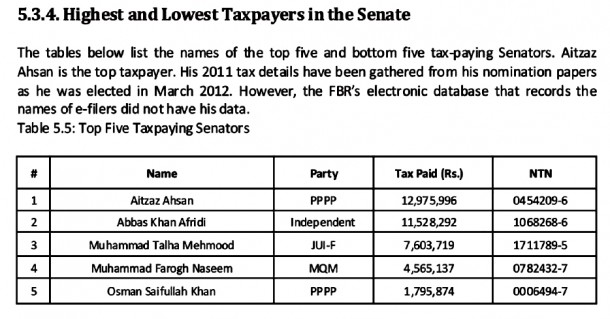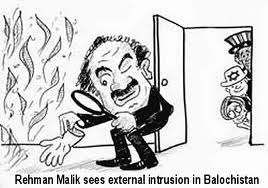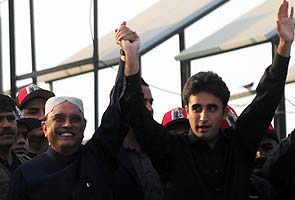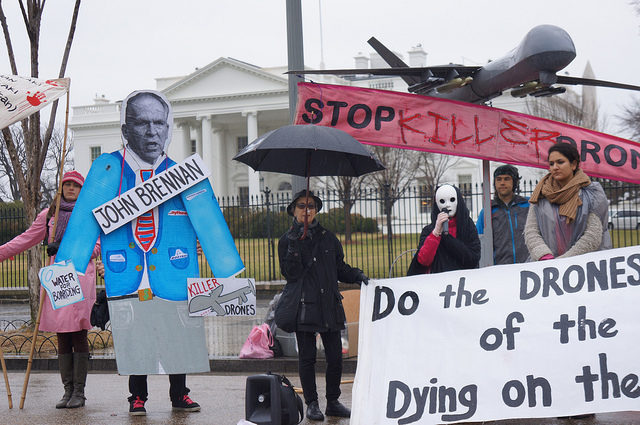ISLAMABAD, Pakistan — Throughout his presidency, Pakistan’s Asif Ali Zardari has looked over his shoulder. Would the military bounce him from office? Would an aggressive Supreme Court find a legal lever to send him packing? Would infighting and dissent erode his fragile coalition government?
Now, as he and his government make history by becoming the first civilian administration to ever complete its five-year term — despite public approval ratings as low as 14% — Zardari’s legacy is clear. He turned political survival into an art form.
“You give Zardari a roomful of politicians, and he will find you 51%. That’s an art he has perfected that no one really knew he had,” says Cyril Almeida, a Pakistani newspaper columnist. “By and large, he has done his own thing and cut whatever deals he needs. But he hasn’t gone after enemies and opponents, and that has kept the political temperature at a manageable level.”
Known to most Pakistanis as “the accidental president,” Zardari fell into the job after the slaying of his wife, former Prime Minister Benazir Bhutto, assassinated in 2007 as she was launching her political comeback. Many Pakistanis still call him “Mr. 10%,” a reference to corruption allegations that have followed him since stints in previous decades as a Cabinet minister.
Zardari’s government ended its five-year term Saturday, setting the stage for the first transfer of power from one civilian government to another in Pakistan’s 65-year history. Every other civilian government’s term has been interrupted by military coups or politically motivated ousters.
A caretaker government is slated to assume power as the country embarks on a campaign season that will culminate in parliamentary elections, expected in May. Members of the federal and provincial assemblies will then select a president later in the year. Zardari, 57, remains president and, unless he wins reelection, will step down upon the inauguration of a new president.
Zardari’s prime minister, Raja Pervez Ashraf, will step down as soon as the ruling Pakistan People’s Party and its main opposition, the PML-N, agree on a caretaker replacement. Parliament and the Cabinet dissolved Saturday.
The transfer of power through the ballot rather than military might is seen by most Pakistanis as a crucial step in the country’s democratic evolution.
But as Zardari’s PPP enters what is sure to be a tumultuous campaign, it faces an electorate deeply disappointed with the ruling government’s failure to remedy the country’s biggest ills.
Daily power outages that in the summer can last 12 hours or more shackle the economy and make everyday life miserable. Zardari has never been able to tamp down Islamist terrorism, and a recent wave of sectarian attacks by Sunni Muslim militants against the country’s minority Shiite Muslim community poses a new national security threat with the elections around the corner. The federal government remains heavily indebted to international lenders, and corruption taints every echelon of society.
An annual “Worldwide Threat Assessment” report delivered to the U.S. Congress last week by James R. Clapper, director of national intelligence, criticized Zardari’s government for being unwilling to tackle “problems that continue to constrain economic growth. The government has made no real effort to persuade its disparate coalition members to accept much-needed policy and tax reforms, because members are focused on retaining their seats in upcoming elections.”
The same sense of frustration with Zardari’s government runs through Pakistani society.
“This government has ruined the country in the last five years,” says Azhar Iqbal, 50, owner of a cookware shop in one of Islamabad’s central shopping districts. “It’s bad everywhere. Every night when we go home and turn on the television, we hear about this or that number of people killed.”
Despite popularity ratings as low as 14%, according to a recent Pew Research Center poll, Zardari and the ruling PPP government aren’t necessarily doomed in the upcoming elections, and in fact might be able to garner enough backing to engineer another coalition government and retain power.
The PPP and its primary rival, former Prime Minister Nawaz Sharif‘s PML-N party, already have entrenched support bases, and cricket legend Imran Khan’s upstart Pakistan Tehreek-e-Insaf party is expected to cull more voters from Sharif’s vote bank than the PPP’s, analysts say. And while dissatisfaction with the government is widespread, historically Pakistanis haven’t expressed their frustration at the ballot box. Turnout in Pakistan’s national elections has always been low, ranging from 36% to 45%.
The ultimate winner may not be the top vote-getter, but the better coalition builder.
“Political polarization in Pakistan is sharp,” says Hasan Askari Rizvi, a Lahore-based political analyst. “The PPP may lose some seats in Parliament, but they still will have the capacity to form a coalition government. Whereas Sharif isn’t seen as someone who can build a coalition. … So by default, the PPP may be able to pull through because they can produce a better coalition.”
During the last five years, Zardari’s most formidable opposition has not come from Sharif, but from the military and the Supreme Court, both institutions that have always viewed the president as a liability. Both the court and the army have hounded Zardari, at times stoking fear within society that the government would collapse.
But neither institution ever pushed Zardari and his government over the edge. The Supreme Court ousted Ashraf’s predecessor, Yousuf Raza Gilani, on a contempt charge in 2012, but since then has eased up on the government.
“While the army’s high command is angered by the mismanagement of the economy by the Zardari government, there’s also an understanding that they don’t really have solutions themselves,” newspaper columnist Almeida said. “And the Supreme Court can’t oust a political government because its entire public standing is based on the fact that it resisted unconstitutional moves by [former President Pervez Musharraf] in 2007.”
That year, Musharraf, who saw Supreme Court Chief Justice Iftikhar Mohammed Chaudhry as a threat to his authority, ousted him, a move decried by lawyers and opposition parties as illegal.
“So the routes have been shut,” Almeida continued. “There’s no obvious route to dismantling this government.”













